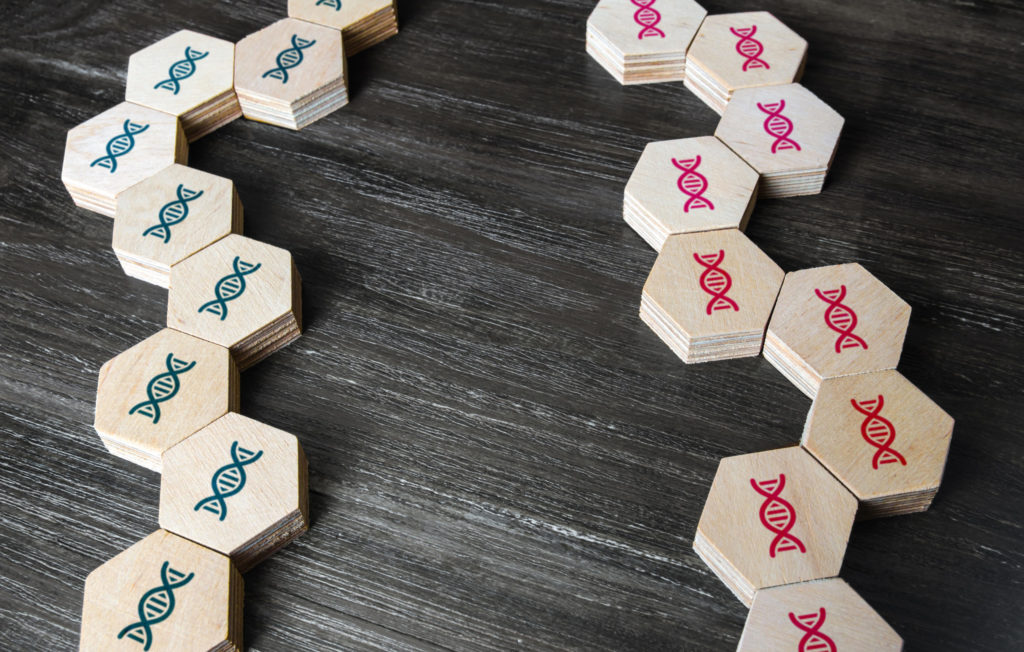Nicotinamide Adenine Dinucleotide (NAD) is an essential coenzyme that plays a vital role in many biochemical processes within the cell. It’s found in all living organisms and is an integral component of the health and functioning of the body. It’s essential to properly function in many metabolic pathways, including energy production, detoxification, and DNA repair. Over the years, research has highlighted the potential benefits of NAD supplementation and its potential to improve overall health and well-being. In this blog, we will explore the various benefits of NAD and how it can help support optimal health and functioning. Keep reading to learn more about the question of what is NAD?
What Is Nicotinamide Adenine Dinucleotide?
NAD comprises two molecules, nicotinamide, and adenine, bound together by two phosphate groups. NAD is an essential component of several biochemical processes, playing an important role in energy production. It can be found in the mitochondria, which help convert the energy from food into a usable form. It also helps regulate metabolism, as it carries electrons and hydrogen ions in redox reactions.
NAD is also involved in various other processes, including DNA repair and the regulation of gene expression. It’s also necessary to synthesize fatty acids, carbohydrates, and proteins. NAD also plays a role in cell signaling and communication and is essential for cell division and growth.
The body needs NAD to function correctly. Without it, cells cannot generate energy and are unable to survive. This can lead to various health issues, including fatigue, muscle weakness, and cognitive decline. For this reason, ensuring that you get enough NAD from your diet is essential. Good sources of NAD include foods like eggs, fish, meat, and dairy products. Supplements are also available, though it’s important to discuss any supplements you are taking with your doctor.
What does NAD do?
NAD functions primarily as an electron carrier, shuttling electrons between enzymes within the cell to facilitate the formation of ATP, which is the primary energy currency of the cell. Without NAD, the cell could not generate energy and perform its normal functions.
In addition to its role as an electron carrier, NAD is also involved in several other important processes. NAD is involved in glycolysis, which is the breakdown of glucose for energy production. It’s also involved in the breakdown of fatty acids and the synthesis of lipids. NAD is involved in the oxidation of glucose to produce energy, as well as in regulating gene expression and repairing damaged DNA. Finally, NAD acts as an antioxidant, helping to protect cells from damage caused by free radicals.
What are the benefits of NAD?
The primary benefit of NAD is its ability to generate energy for the body. NAD helps to convert food energy into ATP. This energy production is essential for sustaining life, and NAD is a critical part of this process. Additionally, NAD is involved in various other metabolic pathways that help to break down food molecules and convert them into energy, which is then used by the body.
NAD also plays a role in DNA repair, as it helps maintain the genetic material’s integrity. In addition, NAD is involved in the maintenance of cellular redox balance. This is important for maintaining healthy cell function, and NAD can help to protect cells from damage caused by oxidative stress. Finally, NAD is also involved in a variety of other processes, including cell signaling, gene expression, and apoptosis.
Overall, NAD is an important coenzyme that plays a crucial role in many metabolic pathways and cellular processes. By participating in these essential processes, NAD helps to keep the body healthy and functioning correctly.

